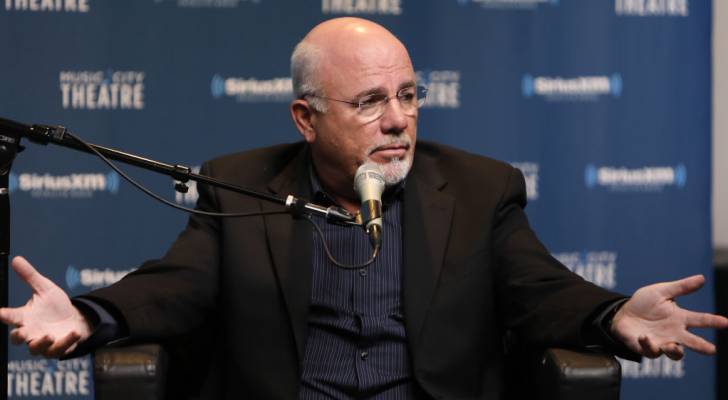Saving for retirement can feel like an uphill battle. On average, Americans believe they will need $1.26 million to retire comfortably, according to a recent study by Northwestern Mutual.
As financial pressures mount from every direction, many Americans find retirement increasingly elusive, transforming what was once viewed as a well-deserved reward for decades of hard work into a seemingly unattainable fantasy.
In fact, approximately one in four U.S. adults over the age of 50 say they expect to never retire, according to a recent survey by AARP. But The Ramsey Show hosts, George Kamel and Dr. John Delony, offer some hope by outlining exactly how to become a millionaire by investing $150 per month.
While their math includes some important assumptions, such as the key detail of starting young, it does highlight how possible it is for young investors to chart a course to becoming a millionaire by retirement. The catch is that many future retirees aren’t starting to save under perfect conditions, which could make hitting that $1 million mark by investing $150 per month a challenge.
If you’re skeptical that you can become a millionaire by investing $150 per month, you aren’t alone. But the math that Kamel lays out makes it clear that retiring a millionaire by investing $150 per month is possible if all of the conditions are right.
In the ideal scenario, you’d start investing $150 per month at 24 and continue investing that amount until age 62. Over that 38-year period, with an 11% annual return, you’d see your nest egg grow to $1,033,082.
“That is the power of starting early,” said Kamel.
Not only would you need to start early, but you’d also need to be lucky enough to experience an 11% return on your investment every year for decades. If the market crashes or you start later, investing $150 per month won’t get you to millionaire status by retirement age.
Read more: Rich, young Americans are ditching stocks — here are the alternative assets they’re banking on instead
Many Americans don’t start saving for retirement at 24. Even if they do commit to saving early, bumps in the road, such as a job loss or market crash, can easily derail their financial progress.
Story Continues
Kamel notes that Ramsey recommends investing 15% of your income toward retirement. For example, if you earned $2,000 per month, you’d ideally put $300 away each month for retirement.
The average household income in America is $80,610 in 2023, according to the U.S. Census Bureau. With this income, investing 15% would work out to approximately $1,000 per month. If you started investing $1,000 per month at age 25 with a 10% return, you’d have over $6 million tucked away by age 65. If you start at 35, you’d have over $2 million at retirement. Even if you start at 40, you’d have over $1 million at retirement.
You’ll notice that starting later means your funds will have less time to grow, which means you may need to contribute more in order to reach your retirement goals. Regardless of where you are starting from and when, you may find the idea of contributing 15% of your income to retirement out of reach.
On the show, Kamel and Delony point out that trimming up your spending and getting out of debt could help make room for retirement savings in your budget.
But remember, building up a nest egg of any size is better than reaching your golden years with no savings at all. Savers who actually achieve a retirement nest egg of $1 million are well ahead of the pack, since Americans aged 65 to 74 hold an average of $609,230 in retirement savings.
If you are starting with less than you’d like or later than you wish, that’s okay. You can’t change the past; the only thing you can do is get started now. Consider running through different options with an investment calculator to see how different choices could pay off.
Imagine the financial impact of eliminating $200 in unnecessary monthly expenses or redirecting debt payments toward your retirement after becoming debt-free. The most significant savings often come from addressing your largest expenses. For instance, reducing housing costs by downsizing or generating income from a spare room could significantly accelerate your financial progress. Similarly, lowering transportation expenses by comparing insurance rates or choosing a more economical vehicle could substantially contribute to achieving your financial objectives.
You may be surprised by how your savings can add up over time. For savers who can’t tuck away 15% of their income, starting small and building room in their budget over time can make a big difference to their retirement lifestyle.
Stay in the know. Join 200,000+ readers and get the best of Moneywise sent straight to your inbox every week for free. Subscribe now.
This article provides information only and should not be construed as advice. It is provided without warranty of any kind.

